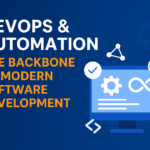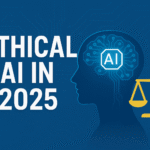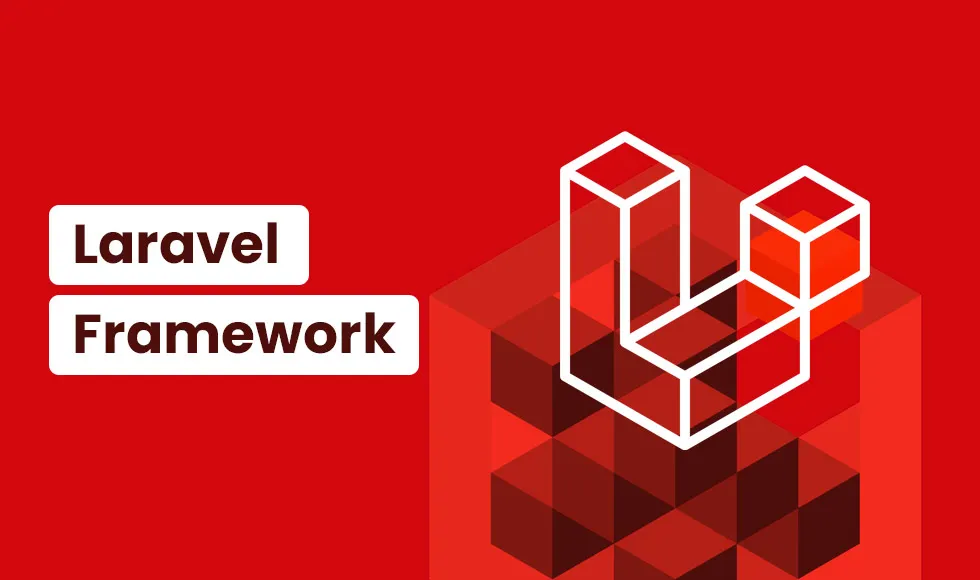
Why Every Business Needs a Custom-Coded Website in 2025
By 2025, no longer an option for businesses to have a site—it’s an imperative. But then there’s the question: do you use a pre-designed template or an original, custom-coded site? While templates are cheaper and quicker to have up and running, they limit growth, security, and flexibility. Custom-coded website, on the other hand, are designed specifically for your business goals, your users, and your future growth.
We at Radils Technologies have witnessed the direct benefits that companies reap from investing in custom-coded websites over their competitors with regards to branding, performance, and online presence. In this blog, we will discuss why every company needs a custom-coded website in 2025 and how it will future-proof your online presence.
- Distinct Branding and Powerful First Impressions
Your website is most likely to be the first point of contact between your business and prospective buyers. Buyers in 2025 expect nothing less than a standard template—they want something unique and memorable.
Template sites are similar to the numerous others and have little brand influence.
A hand-coded site allows for creative design, unique layouts, and tailored user experiences that reflect your brand voice.
With a unique look, your business stands out and forms long-term brand identity.
In today’s competitive market, “different” is not an advantage—it’s a necessity.
- Enhanced Speed and Performance
Site performance is a crucial aspect of search engine rankings and user experience. In 2025, Google Core Web Vitals remains focused on speed and user experience.
Template sites tend to arrive loaded with unwanted code, a performance drag.
Hand-coded sites employ tidy, effective code written to your company design requirements.
Faster sites = less bounces, more conversions, better ranking.
Studies have shown that a 1-second delay in a site can reduce conversions by 7%. Left money on the table.
- Enhanced Security
Cyber attacks become advanced in 2025. Businesses cannot afford to have weak website security.
Templates are usually grounded on third-party plugins that are vulnerable to attack.
Personalized websites have built-in security levels that reduce the risks of data breaches, hacking, and malware.
You have complete access to the backend, unlike templates dependent on external developers for upkeep.
For industries like finance, healthcare, or e-commerce, tailored websites ensure adherence to data protection guidelines.
- Complete Control and Flexibility
All businesses come of age—so should yours.
With a template, you’re stuck with pre-determined formats and limited room for customization.
You are able to scale and include features with a custom-coded website as your company expands.
Integrations (ERP, CRM, AI applications, payment gateways) are better and more stable when they are customized.
This flexibility allows you to adapt quickly to new technologies and market trends without needing to re-design your entire site.
- Improved SEO and Web Visibility
A good website is not enough—you must be searchable by customers. By the year 2025, SEO is even more advanced and requires websites to be properly formatted.
Custom-coded websites allow developers to write cleanly and SEO-beneficially.
You can optimize site speed, schema markup, meta tags, and mobile responsiveness effectively.
Unlike templates, which are likely to generate copy or unorganized code, tailor-made sites perform better on search engines.
More natural traffic, better rankings, and more visibility for your business.
- Scalability in the Future
A 2025 company website must be forward-looking. Trends such as AI chatbots, Web 3.0, voice search, and big-data analytics are revolutionizing the online world.
Template sites struggle in implementing advanced new features.
There’s a website that is built to scale, so you can add new functionalities, tools, and pages without having to break existing systems.
Because technology changes that fast, scalability prevents your site from becoming outdated within a year or two.
- Higher ROI (Return on Investment)
Yes, a custom-coded website requires more initial investment than a template—but it pays off long-term.
Fewer maintenance issues
Higher customer trust (leading to better conversions)
Less third-party services to depend on
Longer lifespan in relation to template-based sites
Businesses with site-specific coded websites usually enjoy more customer engagement, more sales, and more online authority.
- Enhanced User Experience (UX)

Customers in 2025 have higher expectations than ever. They want fast, mobile-enabled, and easy-to-use websites.
You can’t actually optimize user flows with templates.
Through tailored development, seamless navigation, tailored experiences, and device-specific tuning can be achieved.
Good UX isn’t only making visitors happy—it gets them coming back and creates customer loyalty.
- Integration with New Technologies
Websites today are not merely electronic pamphlets—they are business powerhouses.
A site designed specifically can easily include:
Artificial intelligence-powered customer support chatbots
Personalized checkout processes in online stores
Marketing automation channels (e-mail, SMS, push notifications)
Business performance monitoring analytics dashboards
This integration is not available or is highly limited with pre-formatted templates.
- Competitive Advantage in 2025
In brief: if your rival is employing templates and you’re employing a custom-coded site, you’re the web winner.
You’ll be easier to find on the search.
Your website will be faster and more secure.
More people will have faith and interact with your brand.
By 2025, the businesses that are placing their bets on digital excellence will dominate their markets—and it starts with the website.
Conclusion
In today’s digital-first environment, your website is not just an advertising tool—it’s the center of your business identity and customer connection strategy. Though templates may seem like the affordable option, they limit growth and endanger your business.






